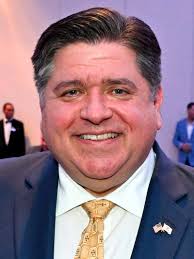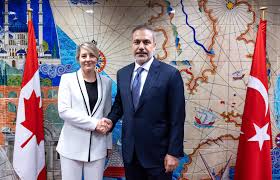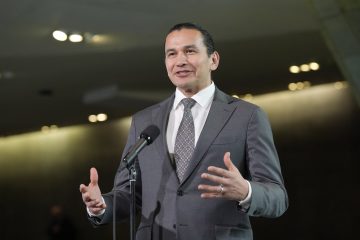The Influence of JB Pritzker on Illinois Politics

Introduction
JB Pritzker, the 43rd governor of Illinois, has become a significant figure in American politics since his inauguration in January 2019. His leadership style and policy decisions are crucial as they shape the direction of Illinois amidst various local and national challenges. This article examines Pritzker’s governance, especially the impacts of his policies and initiatives during his term, especially in the wake of the COVID-19 pandemic and economic recovery efforts.
Main Body
Governance and Policies
Pritzker campaigned on a platform prioritizing progressive taxation, healthcare reform, and social issues. Under his leadership, Illinois implemented a graduated income tax plan aimed at easing the financial burden on the lower and middle class while increasing revenue for the state. However, this tax plan faced significant hurdles in the 2020 Illinois ballot, ultimately being rejected by voters.
In response to the COVID-19 pandemic, Pritzker introduced strict public health measures, including stay-at-home orders that were met with both support and opposition. His administration’s approach to handling the pandemic emphasized science and public welfare, but drew criticism from some business groups and political opponents who argued it hurt the state’s economy.
Economic Recovery and Infrastructure
Following the pandemic, Pritzker focused on job creation and economic recovery. The Rebuild Illinois initiative, which aims to invest over $45 billion in infrastructure, was launched to modernize transportation and public facilities across the state. The initiative is expected to create thousands of jobs and improve the living standards for many Illinois residents.
Social Issues and Public Health
Pritzker has also made headway on social issues such as legalizing recreational marijuana, enhancing protections for LGBTQ+ individuals, and addressing systemic racism. In 2021, a state plan was executed to allocate funds from marijuana taxes to assist communities impacted by the drug war, showcasing a commitment to equity and justice.
Conclusion
JB Pritzker’s governorship has undeniably shaped the political landscape of Illinois. His focus on progressive policies and social issues resonates with a significant portion of Illinoisans, yet debates continue regarding his handling of economic challenges and public health crises. As he approaches the mid-term of his governorship, Pritzker’s decisions will be critical in influencing not only the state’s immediate future but also his political legacy. Observers will be keenly watching how he navigates the challenges ahead and whether he can unify a sometimes-divided electorate in Illinois.









